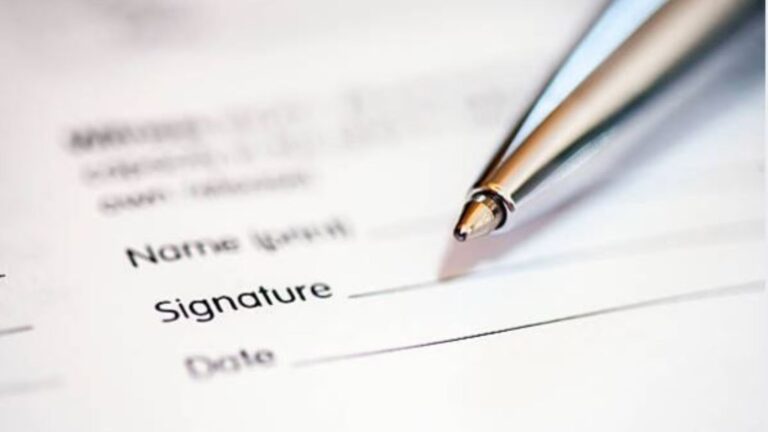There are many valid reasons for wanting to change your name legally. Maybe your name is in a foreign language, and you’re tired of people having difficulty pronouncing and spelling it. Maybe you’ve always hated your name because it’s shared by a comic book villain that nobody likes. Or maybe you’re just getting married, and you want to adopt the surname of your spouse.
Whatever the case, you want a new name, and there are processes in place to help you get it. What is the process for changing your name legally?
Every Location Is Different
First, understand that every location is slightly different. Changing your name in the UK is not the same as changing your name in the United States; states in the US each have unique procedures for how people within those states should change their names. Before you proceed with a name change, you should review the rules and regulations that apply to you. You can do this by navigating to your government’s website for information on legal name changes.
The Typical Process
As we’ve established, the legal name change process is going to look a little different in each country and in each state. However, most processes look something like this:
· Research Name Changes in Your Area
First, you should understand how legal name changes work in your area. What is the governmental body responsible for managing this? What are the valid and invalid reasons for requesting a name change? What types of paperwork do you need? What are the steps of the process? And what are the chances that your requested name change won’t be approved? Depending on the complexity of your name change, you may want to hire a lawyer – but most people can handle this on their own.
· Obtain and Fill out the Right Forms
Next, you’ll need to obtain and fill out the right forms. Typically, you’ll need to provide information like your previous name, the new name you desire, your motivations for changing your name, and other pieces of personal information. The state will use this information to determine whether your name changes are appropriate; it will also use these forms to make the documentation official.
· Provide Evidence (If Necessary)
In some cases, you may need to provide additional paperwork or evidence that your name change is legitimate. For example, if you’re changing your name because you’re getting married, you may need to provide your marriage license.

In some areas, you must be actively using a name before you can legally change it, so you may need to provide evidence that other people are already using this name for you.
· Undergo a Background Check
Depending on where you’re changing your name and why you’re changing your name, you may be forced to undergo a background check. Typically, this background check is not intensive, but it gives a regulating body a chance to ensure you’re not changing your name for criminal reasons or nefarious purposes.
· Post Public Notice
In some areas, you may be required to post public notice of your name change to announce it in your community. Most of the time, posting a small announcement in a local newspaper is sufficient.
· Attend a Name Change Hearing
You may also be required to attend a name change hearing. This is typically a simple court proceeding in which a judge reviews your motivations for the name change, asks you a few questions, and formalizes the change.
· Update Your Personal Documents
Once you’ve officially changed your name in a legal capacity, you’ll need to update all your personal documents. Your driver’s license and your other forms of identification will no longer reflect your accurate name.

You’ll also want to change your name on deeds, your voter registration, and anything else tied to your identity.
· Update Your Accounts and Records
You’ll also need to update your accounts and records. Contact your bank to update your name on your mortgage (if applicable), and change your name on bank accounts, credit cards, utilities, student loans, hospital records, and other personal records.
· Start Using Your New Name Officially
If you haven’t already, you can start using your new name officially. Let all your friends and family members know that your name change is complete and that you no longer want to be referred to by your old name. Be prepared for a bit of a learning curve; not everyone will remember to use your new name right away.
As long as you have a legitimate reason for wanting to change your name, it should be relatively easy to make the change legally. Depending on where you live and why you want to change your name, you may be able to complete the process in just a few weeks.




